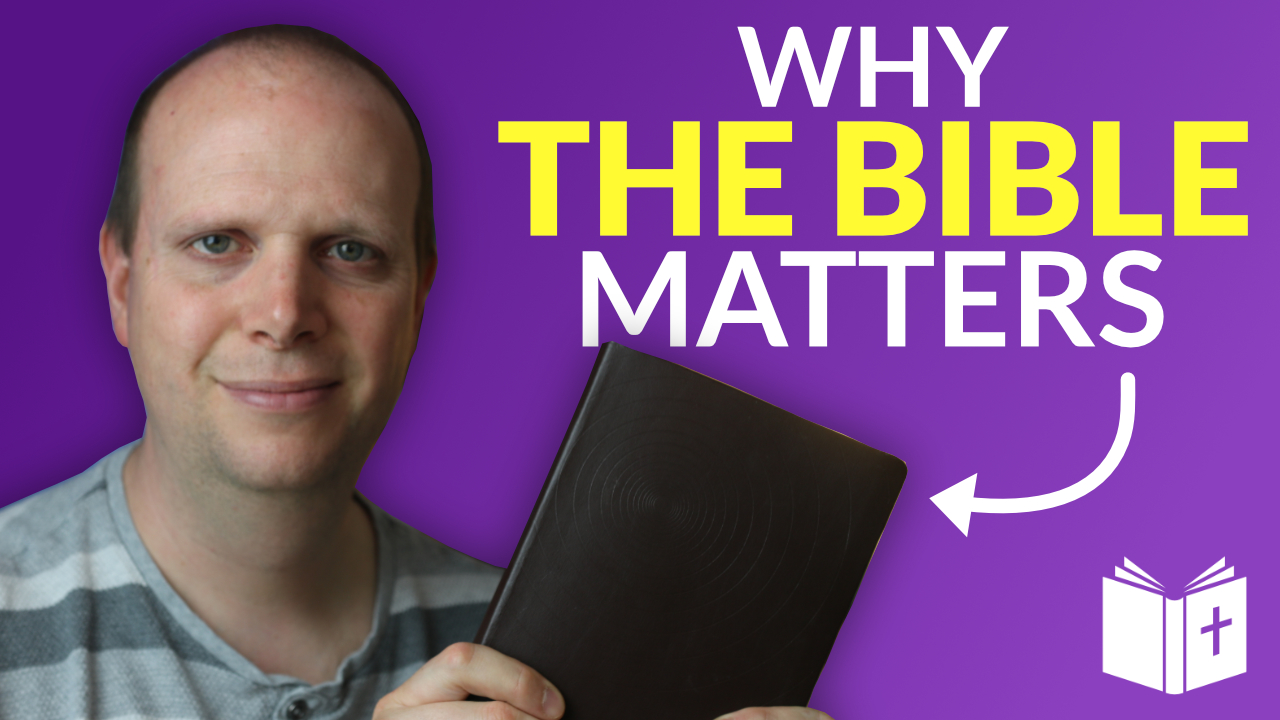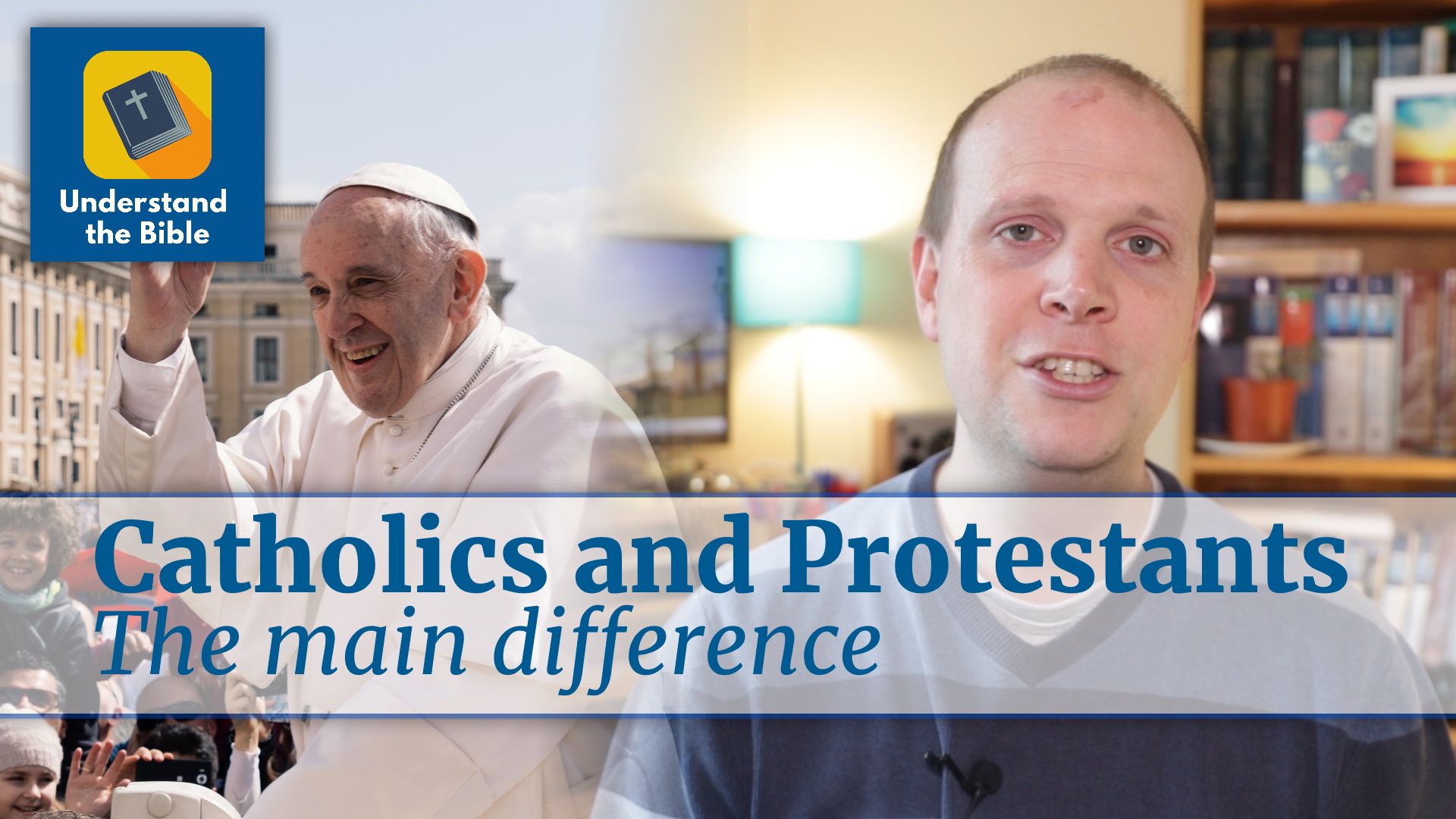What is the Bible? Was it written by human beings, or by God? Can we trust it? And what difference does that make to us? In this session we look at why the Bible is so important to understand.
Links mentioned in the video
Three books for beginners to help beginners understand the Bible.
Interview with Andy Brown about Bible reading.
If you’d like to find out more about the Bible, you can try a course here on the website or subscribe to the Understand the Bible YouTube channel.













